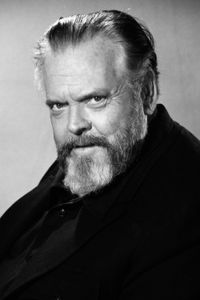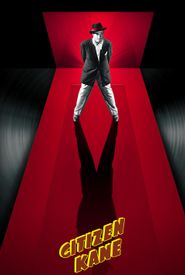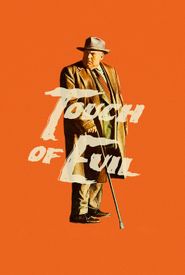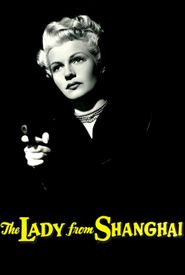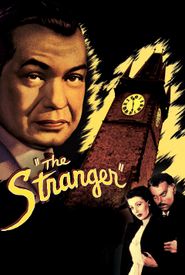Orson Welles' early life was marked by tragedy and adventure. His father, Richard Head Welles, a well-to-do inventor, and his mother, Beatrice (Ives) Welles, a beautiful concert pianist, instilled in him a love for the arts from a young age. As a child, Orson demonstrated remarkable talent in various creative pursuits, including magic, piano, and painting.
Following his mother's untimely death in 1924, Orson traveled the world with his father, who passed away when Orson was just 15 years old. He was then taken in by Dr. Maurice Bernstein of Chicago and went on to attend the Todd School in Woodstock, Illinois. After graduating in 1931, Orson embarked on a sketching tour of Ireland, which he followed with unsuccessful attempts to break into the London and Broadway stages.
Undeterred, Orson continued to explore his creative outlets, eventually joining Katharine Cornell's road company and making his New York debut as Tybalt in 1934. The same year, he married, directed his first short film, and began his career in radio. He soon found himself working with John Houseman, with whom he formed the Mercury Theatre in 1937.
The Mercury Theatre gained widespread recognition with its broadcast of "The War of the Worlds" in 1938, a Halloween prank that inadvertently caused widespread panic. Orson's subsequent film, Citizen Kane (1941),was a commercial failure, losing RKO $150,000, but is now widely regarded as one of the greatest films of all time.
Despite the commercial failure of many of his subsequent films, Orson continued to work in the industry, directing Touch of Evil (1958) and receiving numerous awards and accolades, including the American Film Institute's Lifetime Achievement Award in 1975 and the Directors Guild of America's highest honor, the D.W. Griffith Award, in 1984.
